The rapid evolution of blockchain technology is reshaping the digital world, offering unprecedented opportunities for developers and tech enthusiasts. Among the numerous innovations, the Tron RPC API stands out as a powerful tool for building and interacting with decentralized applications (DApps) on the Tron network. This post aims to demystify the Tron RPC API, exploring its benefits, use cases, and how to get started, catering specifically to blockchain developers, Ethereum enthusiasts, and tech aficionados.
Understanding RPC (Remote Procedure Call)
Before we deep-dive into the specifics of the Tron RPC API, it’s essential to grasp what RPC means in the context of blockchain and distributed networks. RPC is a protocol that one program can use to request a service from a program located on another computer in a network. It simplifies the process of communication between different system components, making it an indispensable protocol in the realm of blockchain technologies.
What is Tron RPC API?
The Tron RPC API provides developers with the tools to interact with the Tron network and create decentralized applications. It offers a standard set of methods for performing actions such as transferring tokens, querying smart contract data, and more. Designed to be robust, secure, and scalable, it enables the seamless integration of blockchain functionalities into applications, facilitating the development of DApps.
Benefits of Using Tron RPC API
Scalability and High Throughput
One of the Tron network’s hallmarks is its ability to handle a large number of transactions per second (TPS), significantly reducing latency and improving user experience. The Tron RPC API taps into this scalability, providing developers with a platform capable of supporting DApps with high transaction volumes.
Security Features
Security in blockchain is paramount. The Tron RPC API incorporates advanced security protocols to protect transactions and smart contracts from potential vulnerabilities. This commitment to security ensures developers can build applications with confidence, knowing their projects are safeguarded against common threats.
Developer-Friendly
Ease of use is a critical factor for adoption. The Tron RPC API is designed with developers in mind, featuring comprehensive documentation, user-friendly endpoints, and active community support. These resources make it easier for developers to get started and tackle any challenges they encounter along the way.
Common Use Cases of Tron RPC API
Smart Contracts Deployment
The deployment and management of smart contracts are streamlined with the Tron RPC API. Developers can easily deploy new contracts or interact with existing ones, enabling them to create sophisticated decentralized functions and services.
Decentralized Application (DApp) Development
The Tron RPC API is a boon for DApp developers, offering a suite of tools for building, testing, and deploying DApps on the Tron blockchain. Whether it’s a gaming platform, a decentralized exchange, or a social media app, the API provides the necessary functionalities to bring these projects to life.
Transactions Management
Managing transactions is a breeze with the Tron RPC API. Developers can create, sign, and broadcast transactions, facilitating various operations such as token transfers, smart contract interactions, and more.
Getting Started with Tron RPC API
To effectively utilize the Tron RPC API, developers can take advantage of readily available SDKs and libraries, including tronweb for JavaScript and py-tron for Python. These resources offer a streamlined interface to facilitate API calls and seamlessly incorporate Tron features into various projects.
For comprehensive guidance, the official Tron website hosts detailed documentation on the Tron RPC API. This is an essential resource for developers aiming to familiarize themselves with the API’s capabilities and integrate its functionalities into their applications.
Initiating work with the Tron RPC API requires developers to first establish a suitable development environment and secure an API key from the Tron Foundation. With these steps completed, they are well-prepared to delve into the API’s diverse endpoints and begin crafting decentralized applications (DApps) on the Tron network.
Embarking on projects with the Tron RPC API is made easy through the official documentation. It serves as an invaluable manual for setting up the development environment, navigating the API endpoints, and performing initial transactions and smart contract implementations.
Future Prospects of Tron RPC API
The future of the Tron RPC API looks promising, with continuous updates and enhancements aimed at improving performance, security, and developer experience. The growing adoption of DApps and the increasing demand for decentralized solutions suggest that tools like the Tron RPC API will play a pivotal role in the blockchain ecosystem.
Conclusion
The Tron RPC API is a powerful gateway for developers venturing into the world of blockchain and DApps. Its scalability, security, and developer-friendly nature make it an ideal platform for building innovative and robust decentralized applications. Whether you’re a seasoned Ethereum developer exploring new horizons or a tech enthusiast intrigued by the possibilities of blockchain technology, the Tron RPC API offers the tools and support you need to succeed in this dynamic field.
FAQ Section about ‘Tron RPC API’
- What functionalities does the Tron RPC API offer?
The Tron RPC API offers functionalities such as querying blockchain data, managing transactions, deploying and interacting with smart contracts, and more.
- How does Tron RPC API enhance the development of blockchain applications?
It streamlines the process of building DApps by providing scalable, secure, and easy-to-use interfaces, significantly reducing development time and effort.
- Is there any cost associated with using the Tron RPC API?
While the API itself is free to use, deploying DApps and conducting transactions on the blockchain may require network fees.
- Can the Tron RPC API be used for developing any type of DApp?
Yes, the Tron RPC API supports a wide range of DApps, including games, financial services, social media platforms, and more.
- What kind of support does Tron provide for developers using the RPC API?
Tron offers extensive documentation, a dedicated developer community, and technical support to assist developers in using the RPC API effectively.
- How does Tron ensure the security and privacy of transactions made through its RPC API?
Tron incorporates advanced encryption and security protocols to protect data and transactions, adhering to industry best practices for blockchain security.

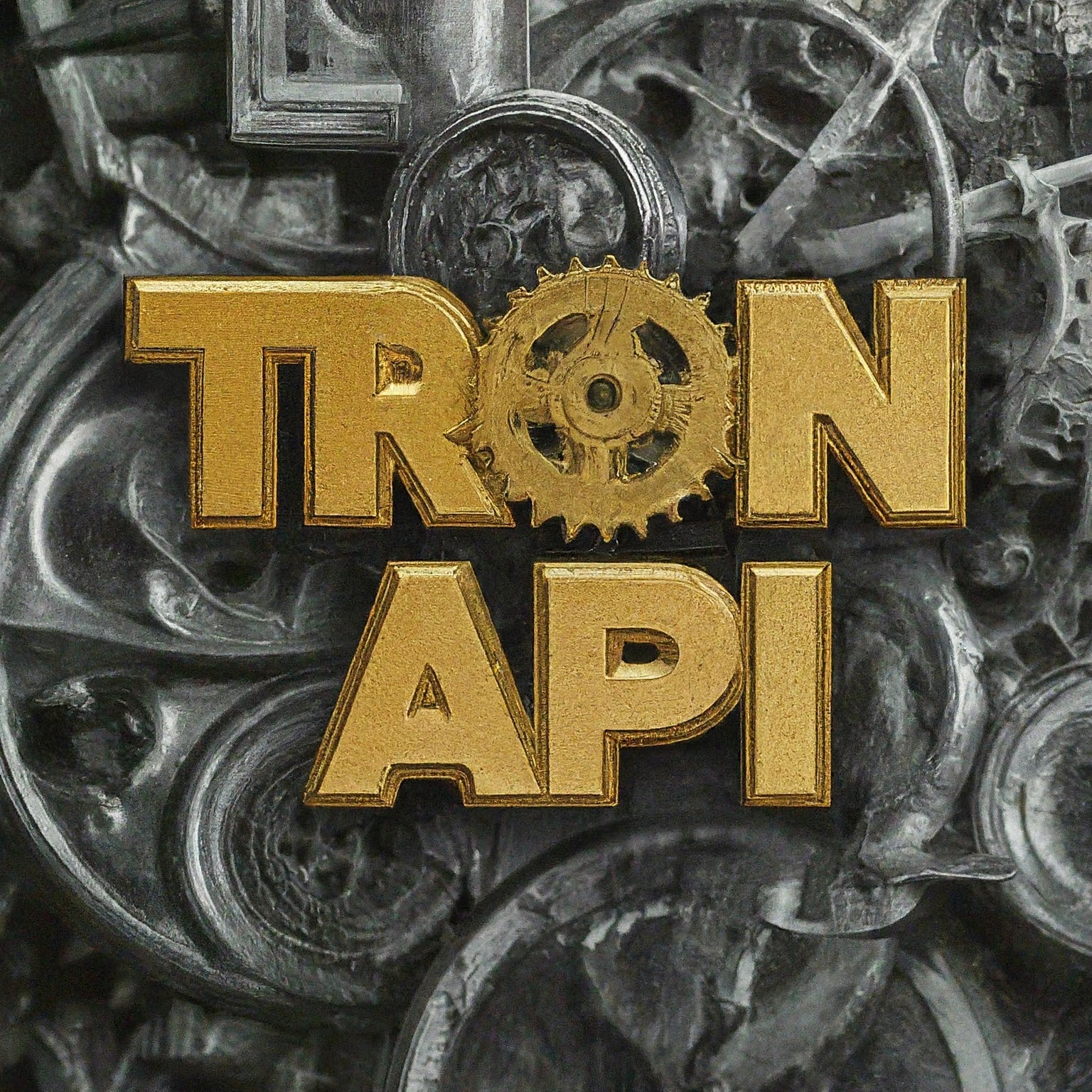
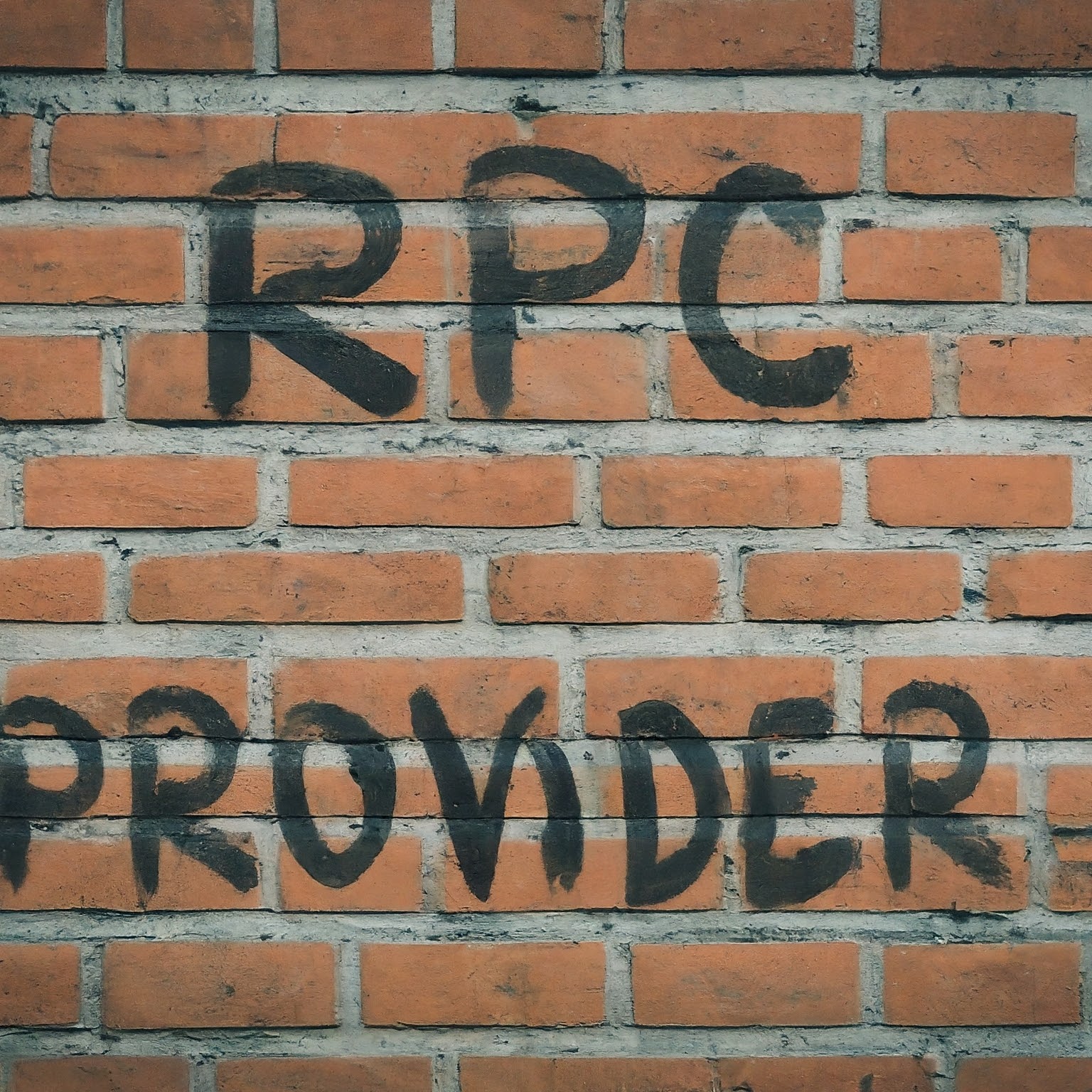
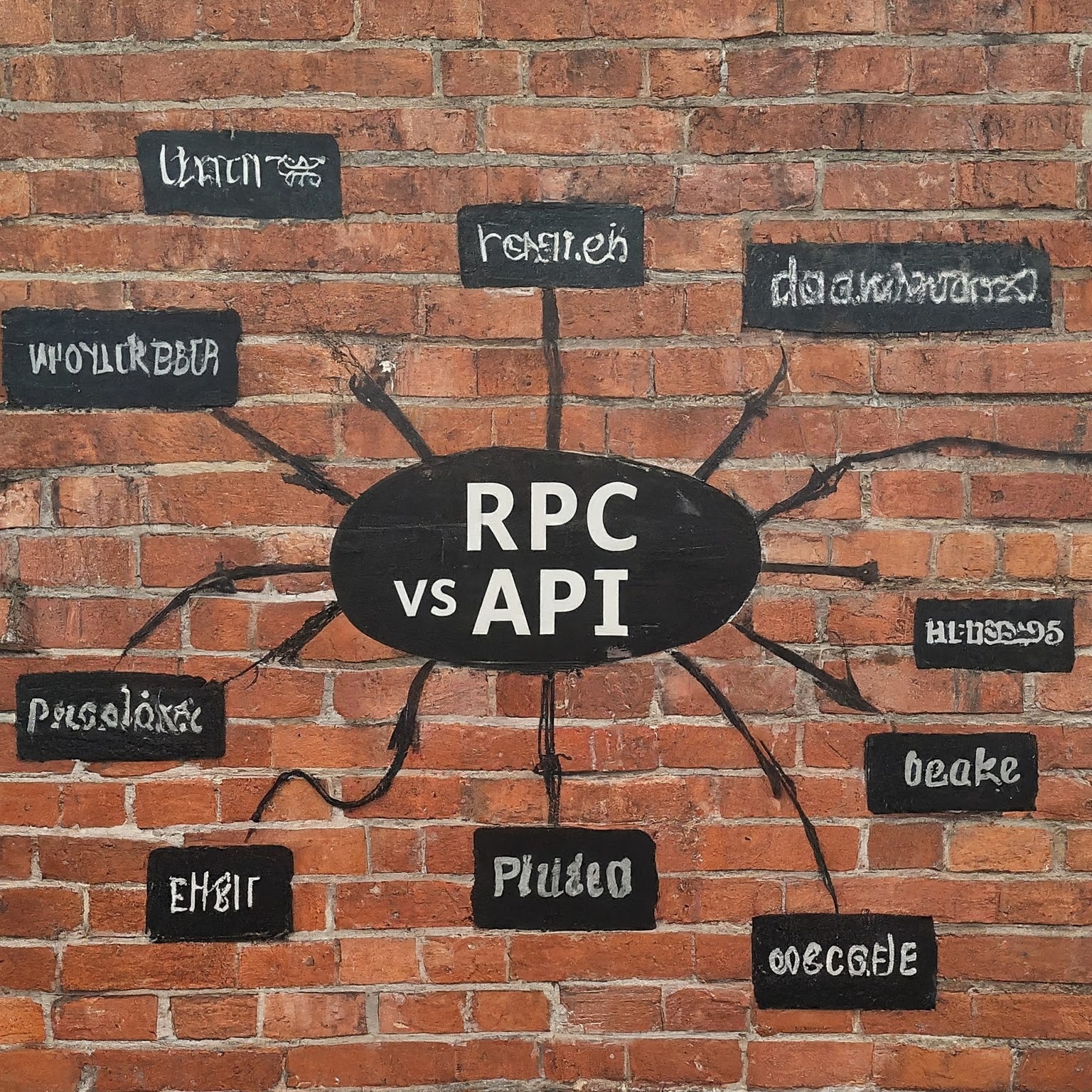

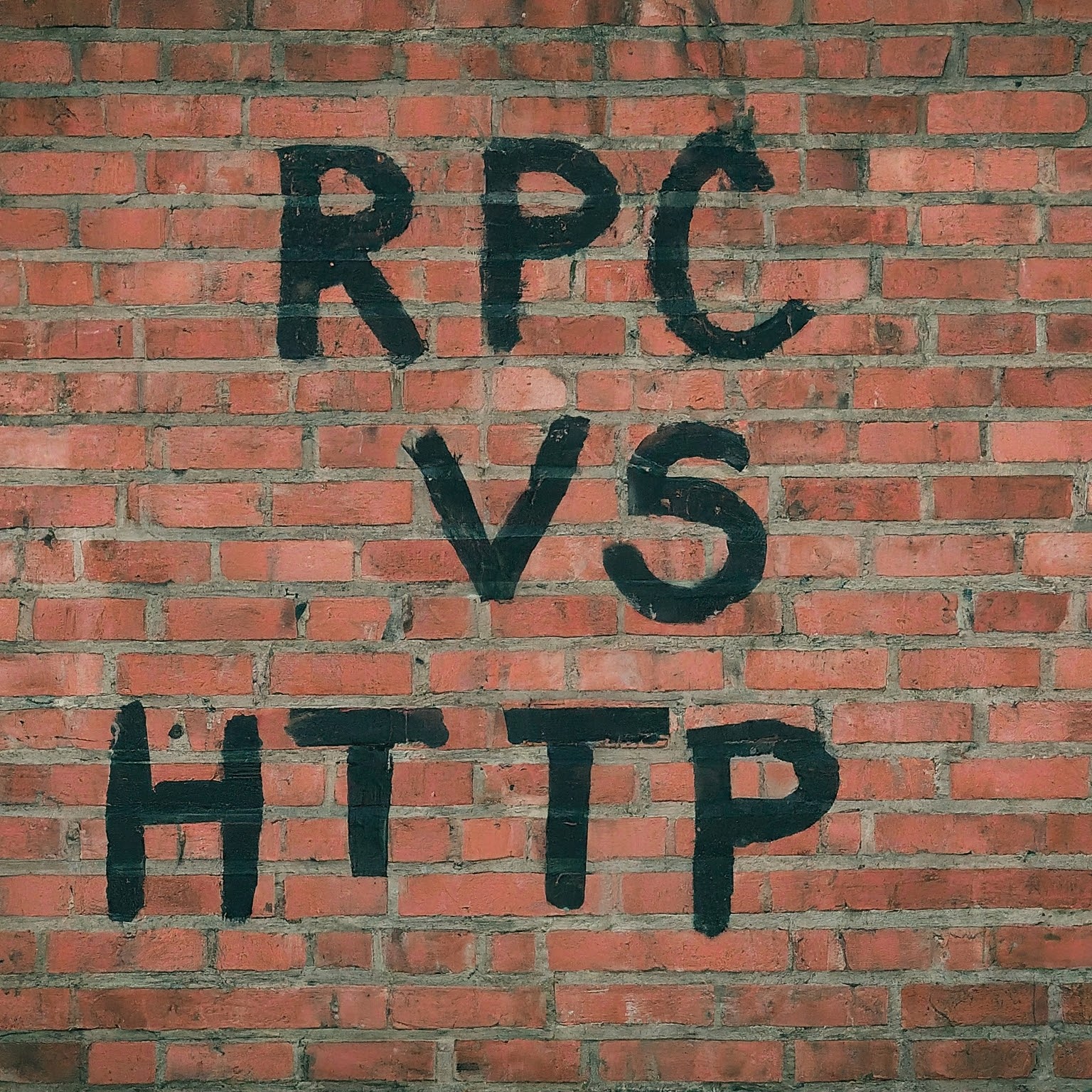
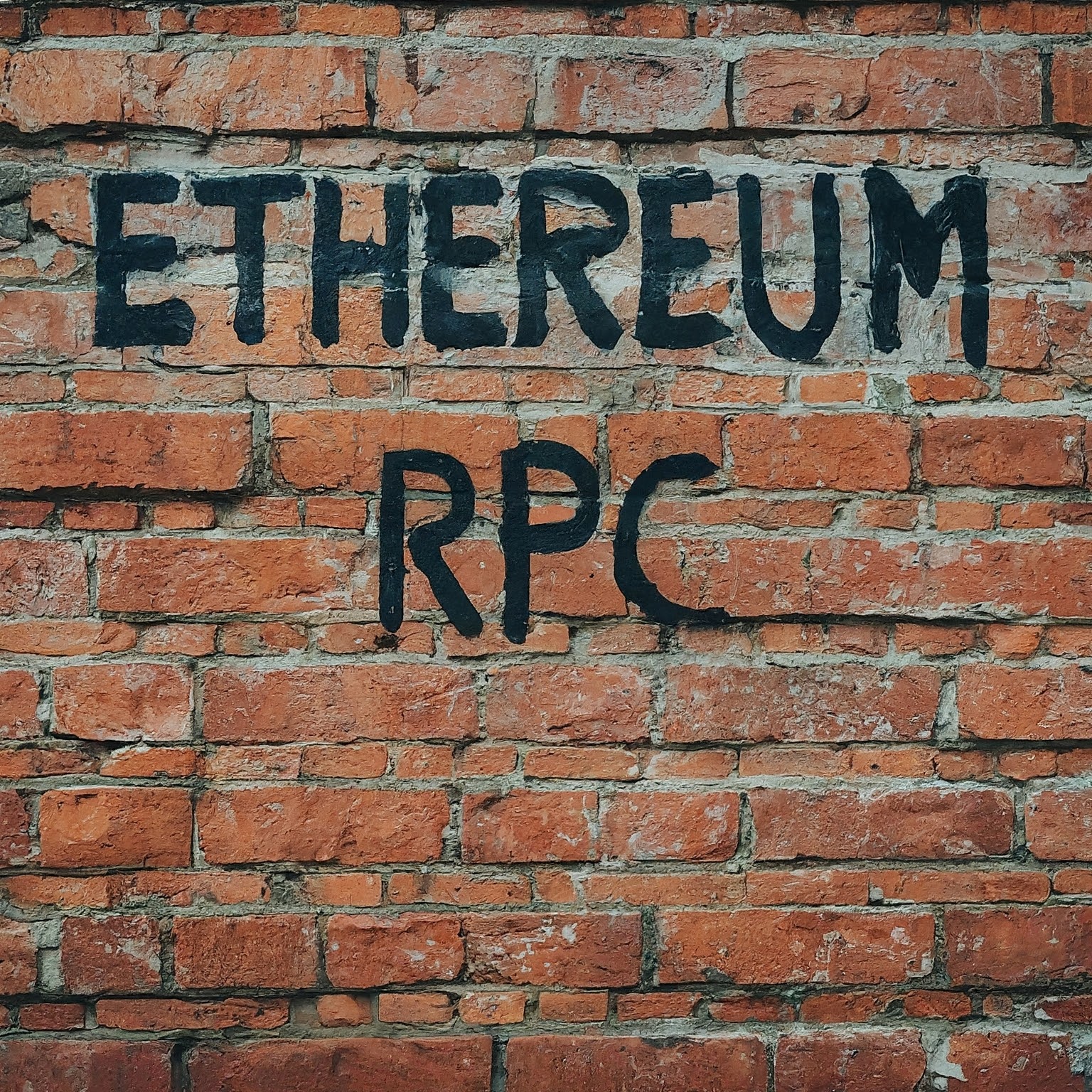
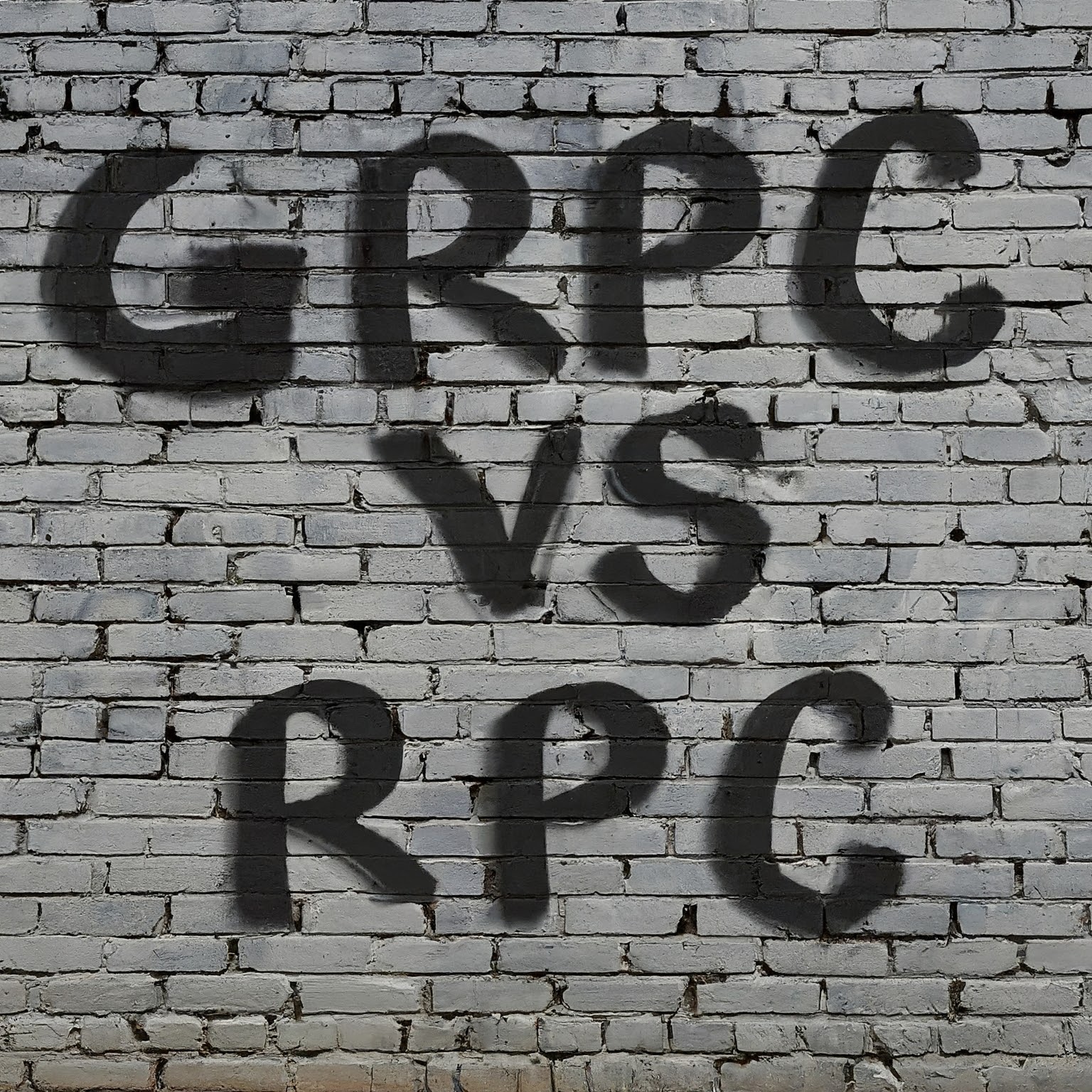
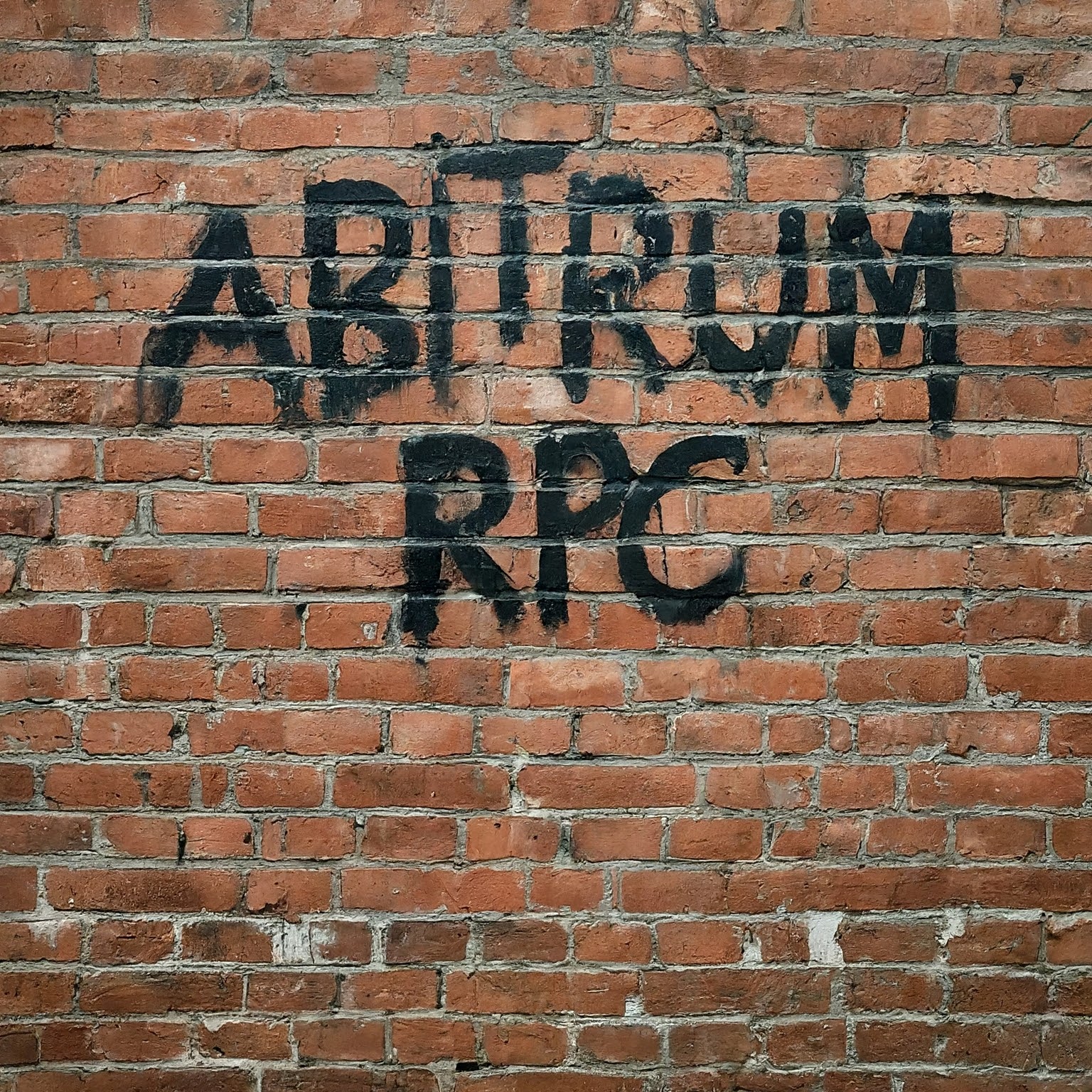

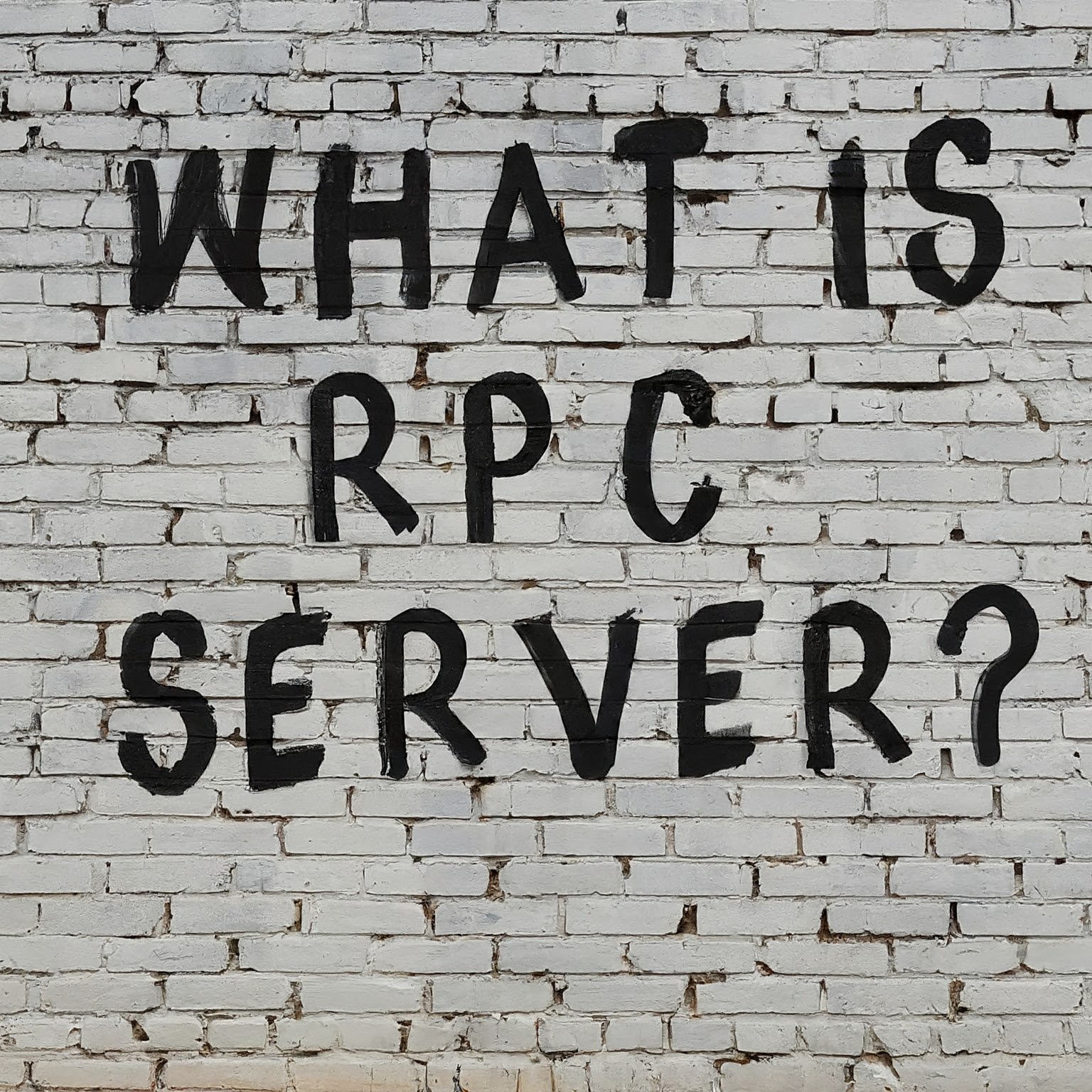
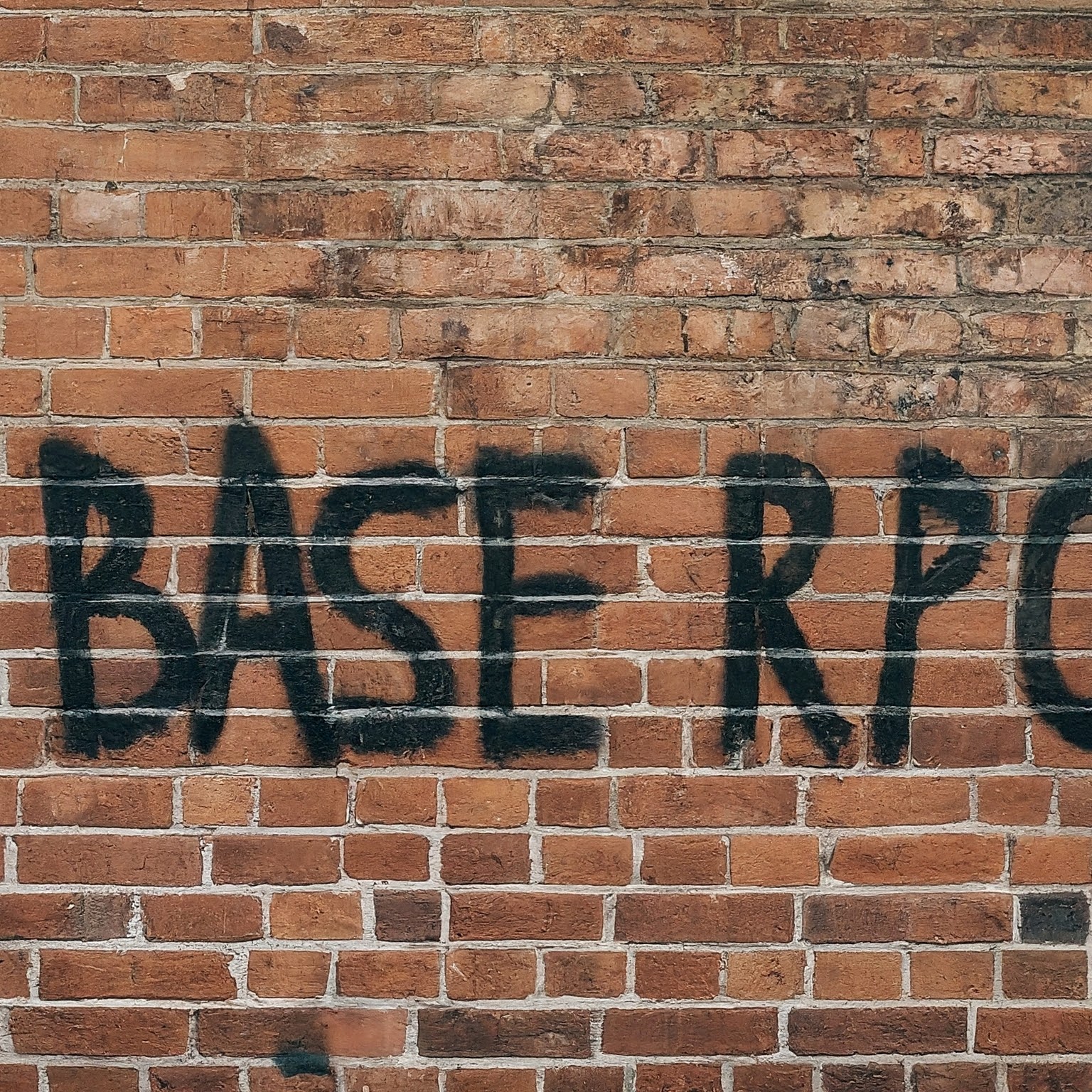
Leave a Reply
You must be logged in to post a comment.